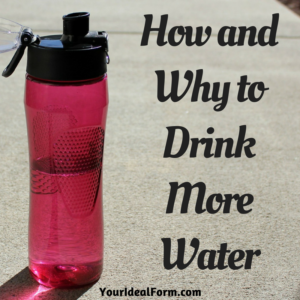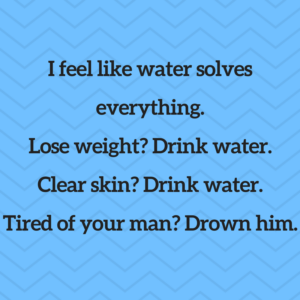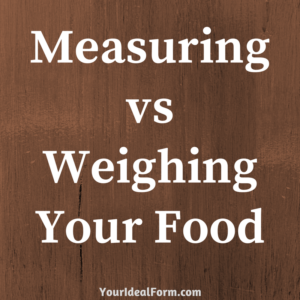![]()
As a self-proclaimed geek, I am a big fan of modern technology, and using it to make my life easier. And it’s no different in the realm of weight loss and fitness. I’ve already covered apps you can use to track nutrition and to help you get in some exercise, but let’s talk about tracking that exercise now. Many nutrition apps will also have a way for you to log your fitness, but they tend to be woefully inaccurate. Your current height, weight, metabolism and intensity will all determine how many calories you burn for a given activity, and these vary greatly from person to person. A fitness tracker that incorporates a heart rate monitor can much more accurately determine how much work you did, rather than just give you an average.
I personally have had a FitBit Blaze for about a year now. It has an integrated heart rate monitor. Food that I tracked via the SparkPeople app was synced with my food log on FitBit. The FitBit dashboard would then let me know my calorie surplus or deficit for each day, as well as a running total for the week. When I took this number, divided it by 3500 (the number of calories in a pound) I found that between the watch and my tracking, it was a fairly accurate determination of how much weight I would lose each week.
Now, a recent study shows that people using a fitness tracker lose less weight than those without. These findings may turn you off to a tracker, but I want to address what’s really going on in the human psyche that led to these results. The study compared two groups. Both were told to exercise a certain amount, but one group had the fitness tracker, and the other group did not. The reason those with the tracker lost less weight is due to the feedback of the device. If your goal is to hit 2,000 steps, as soon as the device tells you you’ve hit that number, you’ll quit. If you don’t have that, and you know you have to walk about a mile to get to that number, you might walk a bit extra to be certain you get all those steps in since you have no way of knowing for sure. The thing is, this can also work in reverse. You may look at your tracker and realize you need so many steps to hit a goal and get up and move around some to hit that number.
Personally, both of the above have happened to me. My tracker reminds me to move every hour, and has me try and get 250 steps each hour. It reminds me of this goal 10 minutes before the hour is up if I haven’t met it yet. In the mornings, I will pace while my coffee is brewing to hit that number. But as soon as I do hit that number, I’ll stop. So the tracker does get me to move! I probably wouldn’t pace at all if it wasn’t prodding me to do so. But I also only do the minimum to get that number and then stop. And there’s also the psychology of how close I am. If I only need a few more steps, then I am far more motivated to hit that goal. It’s so close! But if I have a long way to go, if I’ve been sitting all hour doing work and I have to get all 250 steps in during those 10 minutes, I am far more likely to just ignore it. (While writing this, my watch told me I have 201 steps left this hour. That’s probably not going to happen.) (Conversely, this past weekend we spent a day in New York City and did a LOT of walking. When we came home, I realized I was only 1000 steps from getting a new milestone badge for 25K steps walked in a single day, so I had my fiance drop me off a block from home and I walked the rest of the way to hit that goal!)
Another reason that those with a fitness tracker possibly lost less weight is due to the feedback of calories burned. Since the tracker does the logging for you, you know how many calories you burned doing an activity. Seeing this number can make it very tempting to eat back some of those calories.
If you aren’t currently regularly exercising, and getting a wearable motivates you to move more, then getting one is definitely better than not getting one, especially if you tend to get into a zone with your work and forgetting to get up from your chair all day. (I have been guilty of this at times!)
Also, another very important thing to keep in mind is that fitness wearables are designed to track activity, but diet is the bigger battle in the weight loss war. If your goal is to lose weight, then tracking your nutrition and hitting your calorie/macro/points numbers is way more critical to achieving success.




